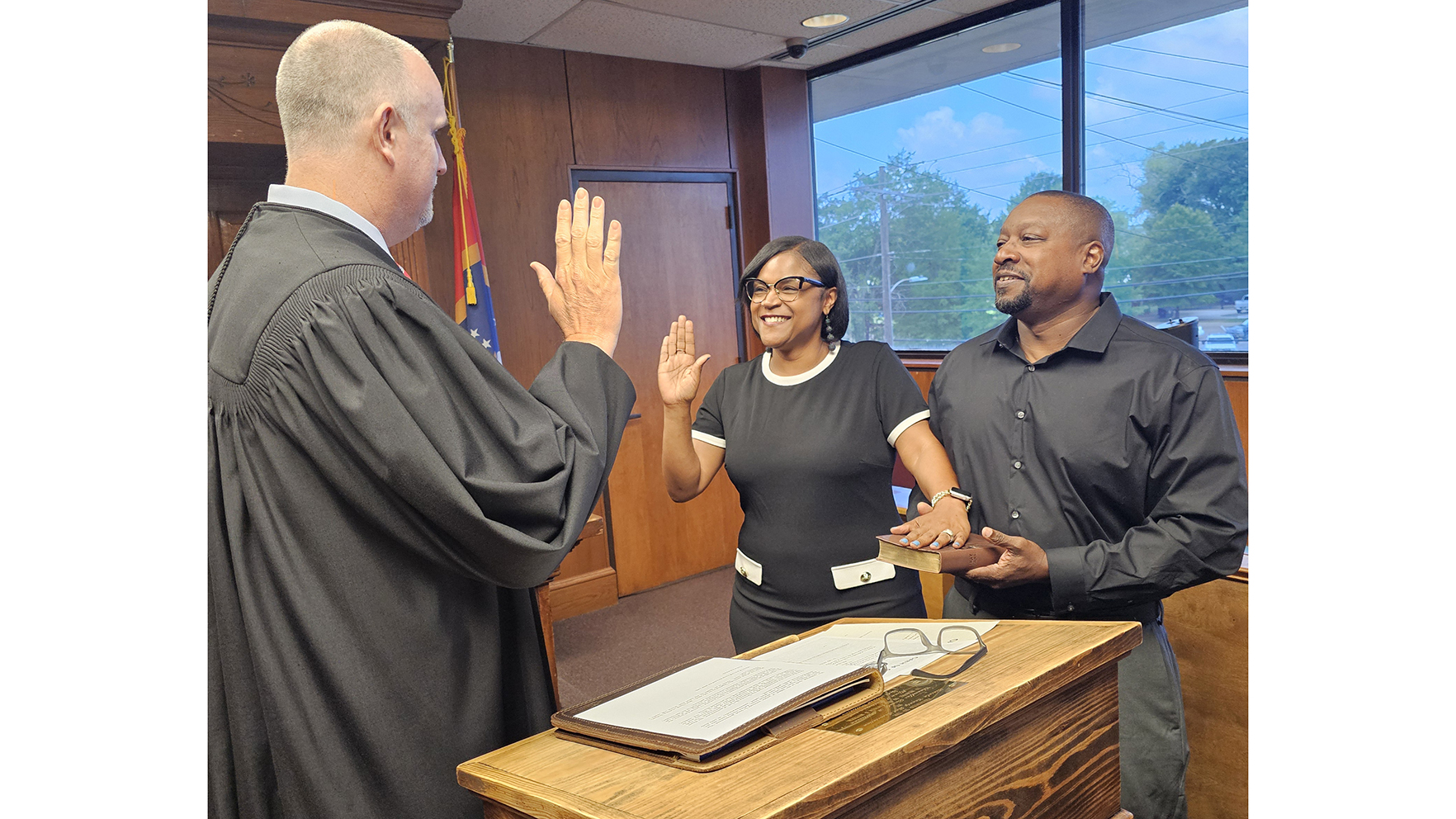Lawmakers: Medicaid cuts inevitable
Published 6:00 am Monday, March 21, 2005
As the 2005 Legislative session moves toward its scheduled endin two weeks, lawmakers continue to struggle with funding for avariety of state services.
“We’re trying to divvy it up,” said District 92 Rep. Dr. JimBarnett. “We’re going to have a lot of unhappy people in the nexttwo weeks.”
Two issues remain at the forefront of the funding fight.
“We’re doing everything we can for education and Medicaid,”Barnett said.
With Medicaid funding plans for the upcoming fiscal yearuncertain, local lawmakers cited a variety of potential cuts to theprogram. Among others, Barnett mentioned the number of coveredprescriptions could be reduced from seven to five a month and thenumber of home health visits cut from 60 to 28,
“We’re going to have it in conference, so it could changeagain,” Barnett said. “It’s not cut and dried.”
District 39 Sen. Cindy Hyde-Smith agreed.
“It’s going to be a battle,” Hyde-Smith said. “There are goingto be some services cut.”
The senator pointed out lawmakers’ desire to tighten up oneligibility and to prosecute fraud.
“The biggest issue is going to be recertification and findingthose who qualify and those who are not qualified,” she said.
Education and the Mississippi School of the Arts remainimportant issues for Lincoln County’s lawmakers.
Barnett was confident that the Mississippi Adequate EducationProgram would be fully funded and a teacher pay raise given aspromised. He disagreed with a legislative suggestion to delay thepay raise until Jan. 1.
“I’m for going ahead and making it effective July 1 (the startof the state’s fiscal year),” Barnett said. “We promised that tothe teachers.”
District 53 Rep. Bobby Moak has said education, health care andlaw enforcement are the top issues for the state to address.
“If we do not fund education, local taxpayers will have to makeup the difference,” said Moak, citing possible increases on cartags, land and other property.
Moak also said a failure to fund MAEP could open the state up toa educational funding equity lawsuit similar to those that havebeen filed in other states.
“And we will lose,” Moak said.
Local lawmakers remain supportive of MSA, although sufficientfunding for the two-year-old school continues to be uncertain.
“We’ve got to have another $1 million at least – and hopefullymore than that,” Barnett said.
A legislative budget recommendation sets funding at $800,000,which observers say would be insufficient to keep the schoolopen.
“Until it goes to conference, that’s still where we are,”Hyde-Smith said.
The senator said the bill could go to conference by Thursday.She said the third year for a school is critical in that it couldthen qualify for grants and funds from foundations and othersources.
“Hopefully, we’ll get that message to conferees,” Hyde-Smithsaid. “If we can make it to the end of this year, we should beOK.”
While it would be a “token percentage,” Barnett supported aroom-and-board fee with scholarships available to help students whocould not afford that. Hyde-Smith said support from the stateDepartment of Education, parents and concerned citizens will beneeded.
“We’re really going to have to go after some support for thisyear for the arts school,” Hyde-Smith said.





